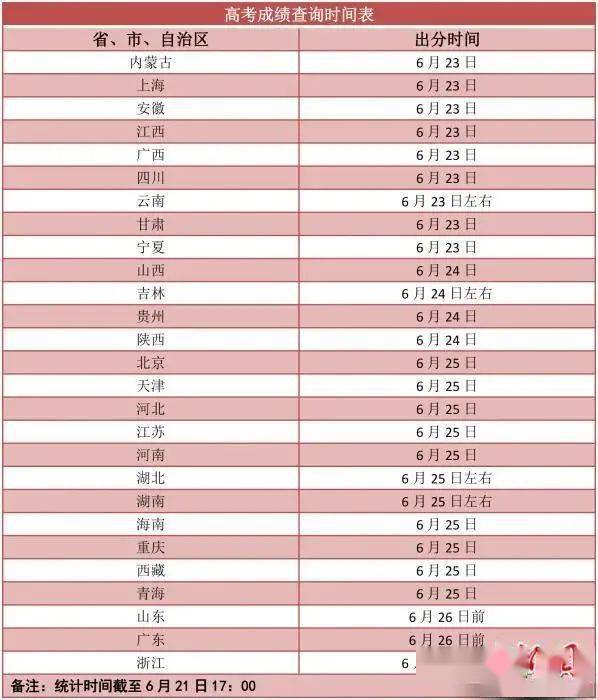South Korean President Moon Jae-in on April 16 appointed a replacement as prime minister and several cabinet positions, in an attempt to restore his political party status following failure in local elections.
President Moon appointed former Interior Minister Kim Boo-kyum as Prime Minister to replace Chung Sye-kyun, and nominated new ministerial positions in the fields of land, industry, fisheries, labor and science and technology.
A total of six new candidates are required to go through congressional confirmation hearings, though lawmakers do not have the power to prevent them from taking office early if the president pressures them ahead of the appointment. official.

Mr. Moon Jae In replaced the Prime Minister and a series of ministers on April 16. Photo: Reuters
According to Reuters, the reform comes about a week after the ruling Democrats failed heavily in mayoral elections in key constituencies. In addition, the Korean government is also under pressure from public opinion because of political scandals and mistakes in economic policies.
According to South Korean Presidential Chief of Staff You Young-min, the new Prime Minister Kim Boo-kyum, who served as mayor of Daegu, is expected to play an important role in bridging political differences. between the two Koreas, and effectively directing efforts to prevent the Covid-19 epidemic.
Meanwhile, senior finance official Noh Hyeong-ouk will replace Mr. Byeon Chang-heum as Korea’s Minister of Land, Infrastructure and Transport. Mr. Byeon Chang-heum was previously forced to resign for allegedly directing employees of a real estate company to use inside information to profit from city development projects.
Moon Sung-wook, who was nominated as the new Korean Minister of Industry, is a man with many years of experience shaping domestic corporate policies. With the new position, he will realize the president’s efforts to attract investment, create jobs, and strengthen cooperation between the chip and automobile sectors to localize the industry. manufacturing chips for cars.





























































You must log in to post a comment.